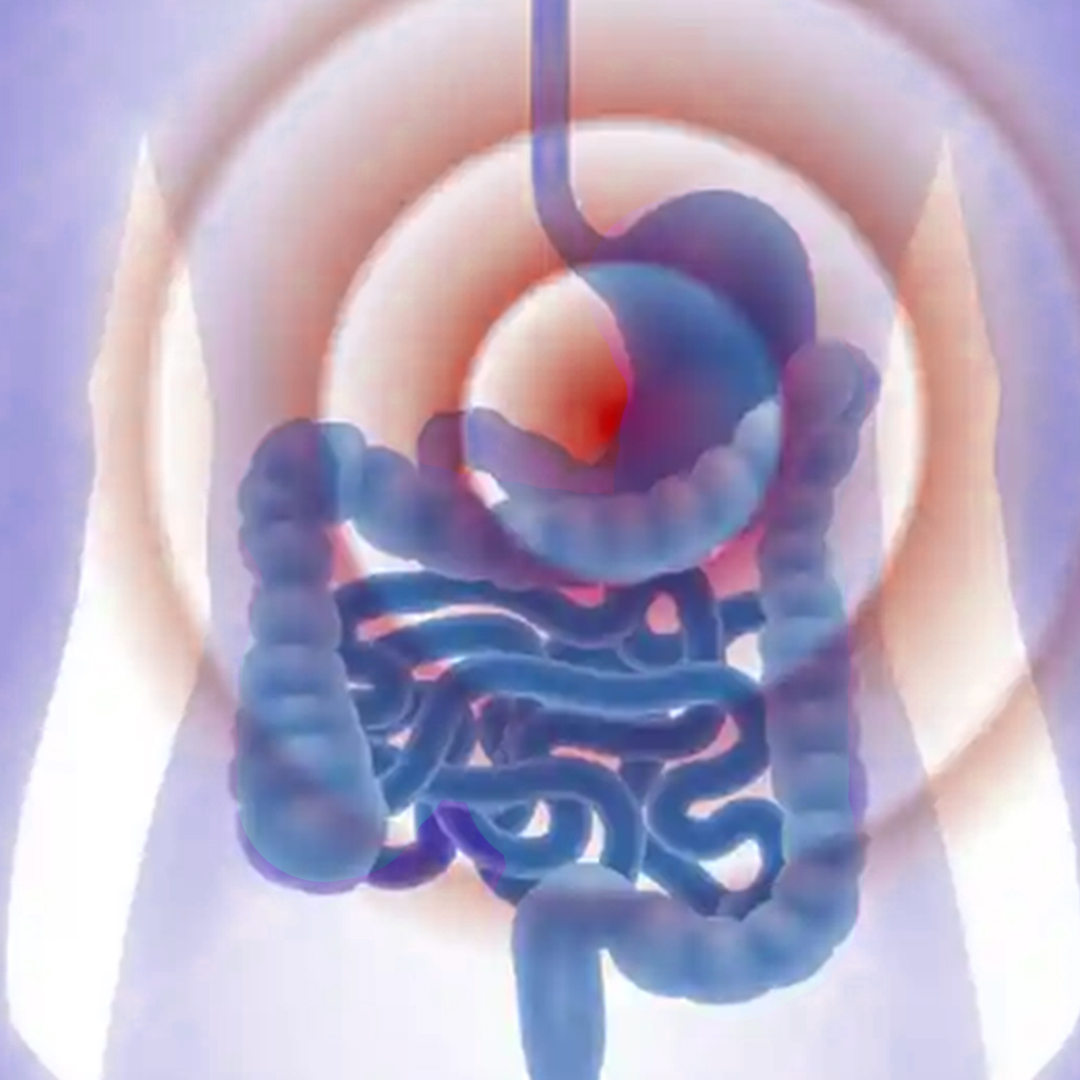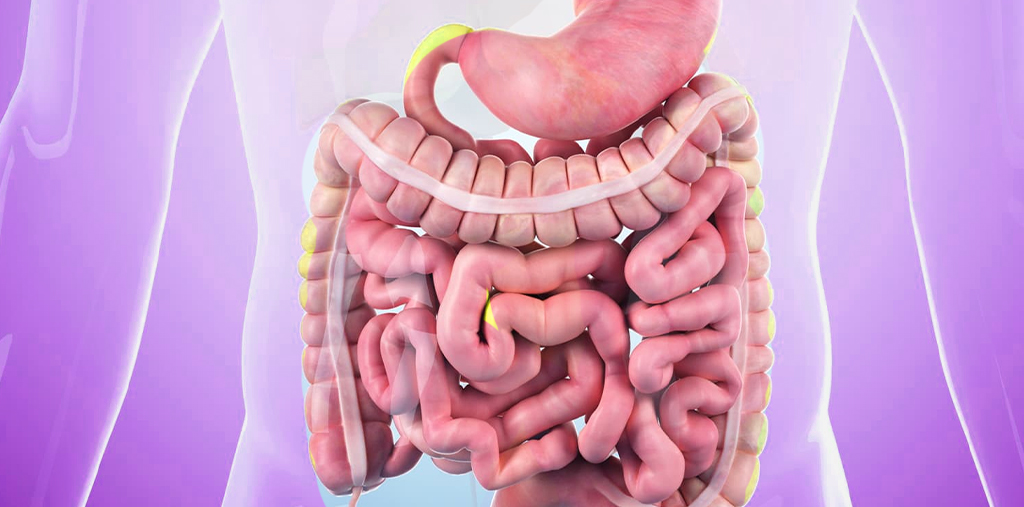Irritable Bowel Syndrome (IBS)
Irritable Bowel Syndrome (IBS)

Irritable Bowel Syndrome (IBS): Symptoms, Causes, and How to Treat It
Irritable Bowel Syndrome (IBS) is a common disorder that affects the digestive system and causes a range of symptoms that can significantly impact the patient's quality of life. This article provides an explanation of the syndrome, its symptoms, causes, types, and diagnosis, along with treatment methods and prevention tips.
What is Irritable Bowel Syndrome (IBS)?
Irritable Bowel Syndrome (IBS) is a chronic medical condition that affects the function of the colon (large intestine) and causes problems with bowel movement patterns. This disorder is characterized by muscle contractions in the intestines that can lead to a range of symptoms such as abdominal pain, bloating, diarrhea, constipation, or a combination of both. These symptoms may worsen after eating or due to psychological stress.


Types of Irritable Bowel Syndrome (IBS):
There are several types of IBS, classified according to the predominant symptoms:
- IBS with Diarrhea (IBS-D):
Where the patient experiences frequent diarrhea.
- IBS with Constipation (IBS-C):
Where the patient suffers from chronic constipation.
- Mixed IBS (IBS-M):
Where the patient alternates between diarrhea and constipation.
- Unspecified IBS (IBS-U):
Where symptoms are not clearly defined between diarrhea and constipation.
Symptoms of Irritable Bowel Syndrome (IBS):
Symptoms of IBS vary from person to person but often include:
- Digestive cramps and abdominal pain:
The pain may be persistent in the abdomen, usually relieved after bowel movements.
- Bloating:
IBS often causes a sensation of fullness or bloating in the abdomen.
- Diarrhea or constipation:
Some individuals experience frequent diarrhea, while others have difficulty with bowel movements.
- Nausea:
Some patients experience nausea, with or without vomiting.
- Changes in bowel movements:
Intestinal motility becomes irregular in IBS.
Causes of Irritable Bowel Syndrome
The exact causes of IBS are not fully understood, but several factors are believed to contribute to its development:
- Bowel motility disorders:
There may be an issue with the contractions of the intestinal muscles, leading to either accelerated or delayed bowel movements.
- Intestinal sensitivity:
The intestines may become more sensitive to contractions, gas, or food.
- Psychological stress:
Anxiety and stress can significantly affect the colon, exacerbating symptoms.
- Infections:
Infections:
Risk Factors for Developing IBS
Certain factors may increase the likelihood of developing IBS:
- Family History:
If you have a family member with IBS, you may be more prone to developing the condition.
- Hormonal changes:
Women are more likely to develop IBS due to hormonal fluctuations during periods like menstruation.
- Psychological stress:
Individuals experiencing high levels of stress and anxiety are at greater risk for developing IBS.
Diagnosis of Irritable Bowel Syndrome with Dr. Mohamed El-kady, Consultant in Gastroenterology and Endoscopy
IBS is diagnosed based on symptoms and physical examination. There is no specific test that can definitively confirm the diagnosis, but the doctor may perform various tests to rule out other conditions, such as functional gastrointestinal disorders or infections. Diagnosis typically involves:
- Medical history:
A thorough examination of the symptoms and influencing factors.
- Laboratory tests:
Such as blood or stool tests to exclude other conditions.
- Physical examination:
The doctor may examine the abdomen to check for any signs of other diseases.
Treatment of Irritable Bowel Syndrome with Dr. Mohamed El-kady, Consultant in Gastroenterology and Endoscopy
Treatment for IBS focuses on alleviating symptoms and improving the patient's quality of life. Treatment options include:
- Dietary modifications:
One of the key steps is reducing foods that may irritate the colon, such as fatty foods, spicy foods, or foods containing caffeine.
- Medications:
This may include antispasmodic drugs or medications to relieve diarrhea or constipation.
- Psychological therapy:
Cognitive behavioral therapy or relaxation techniques may help alleviate stress and its impact on symptoms.
- Dietary fiber:
Fiber can help regulate bowel movements.
Dr. Mohamed El Qadi's Tips for Preventing Irritable Bowel Syndrome
- Regular exercise:
Exercise helps improve bowel movement and reduces stress.
- Balanced diet:
Eating fiber-rich foods and avoiding foods that trigger symptoms can be helpful.
- Relaxation techniques: